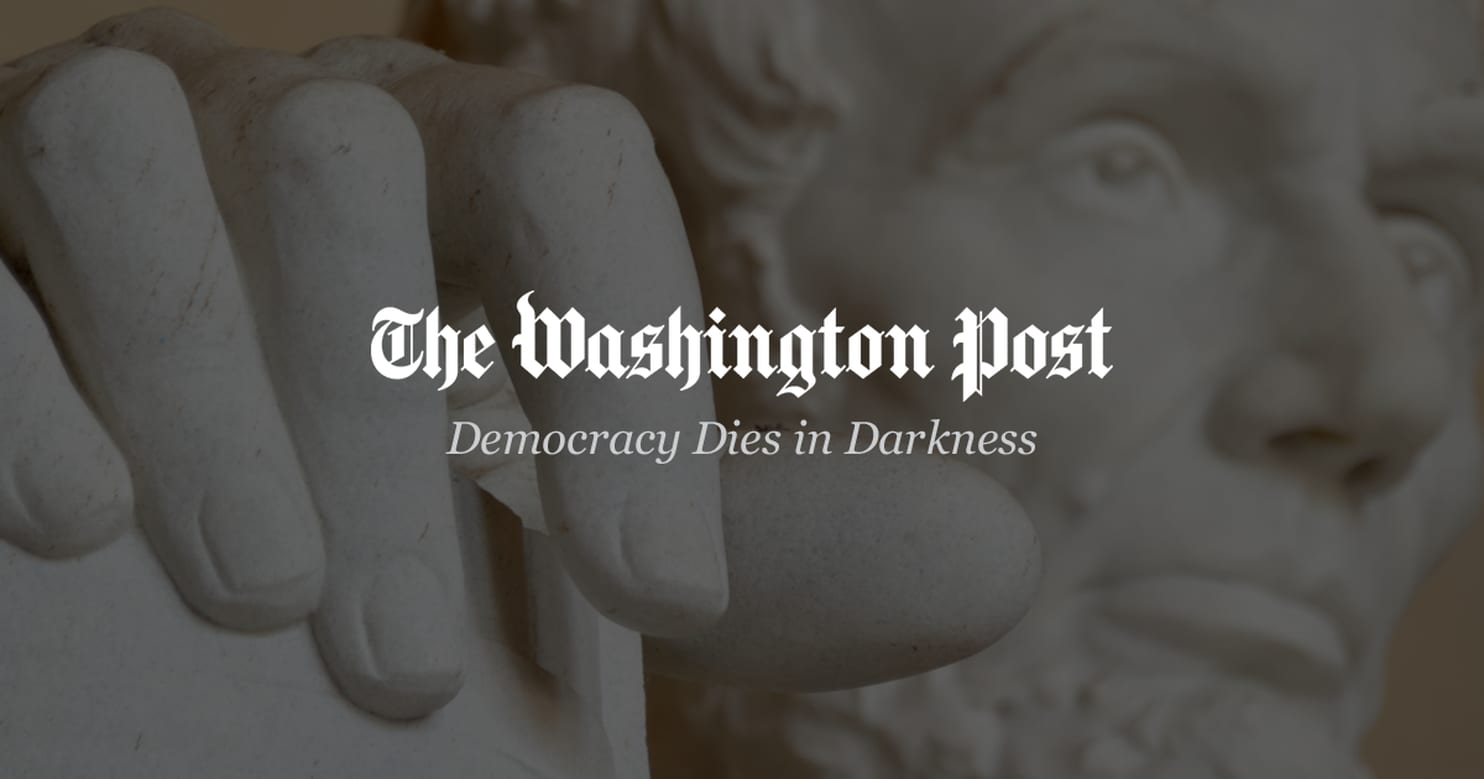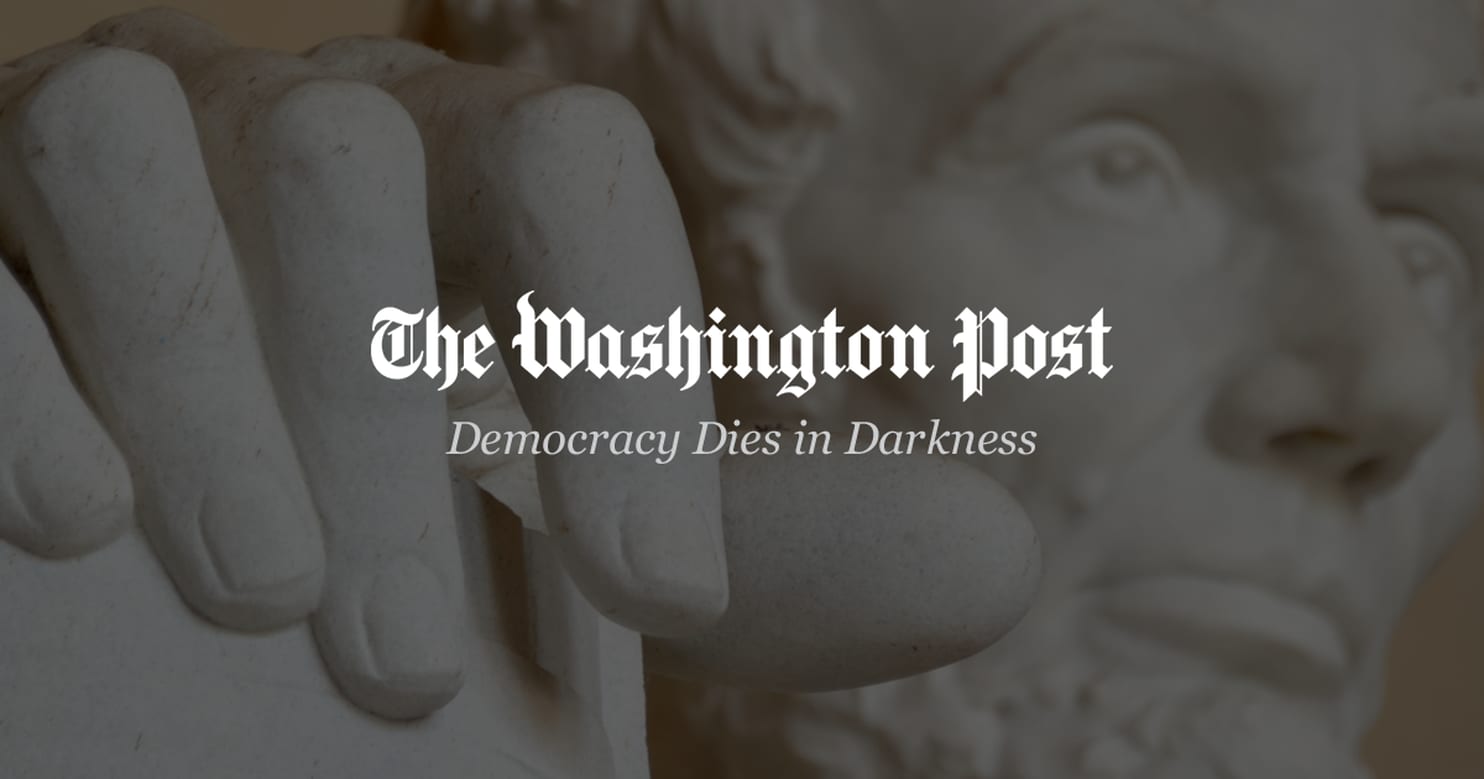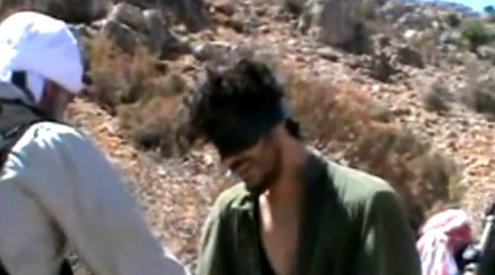A manager for G4S, a security firm, has said that security guards working to protect the Olympic site in London are trained to deter people from taking photographs, it has been claimed
Category: Access & Censorship
-
Vogue’s flattering profile on Assad’s wife disappears from Web
Although the Vogue piece didn’t mention it, the photos that accompanied the article — of Asma al-Assad, her husband and two of their children at home in Damascus — were facilitated by an American public-relations firm working for the Syrian government. The firm, Brown Lloyd James, was paid $25,000 to set up a photo session with James Nachtwey, the famed war photographer who shot the pictures for Vogue.
-
Explanation please, Twitter
Jim Romenesko
via Jim Romenesko: http://jimromenesko.com/2012/07/31/explanation-please-twitter/
After The Independent’s Guy Adams was suspended from Twitter for posting an NBC executive’s public work email address, Laura Gluhanich tweeted….
-
Photographers Rights – Covering the Upcoming National Conventions
Know when to back off. It’s all well and good to quote case law and scream about your rights (and believe me, I’ve seen plenty of photographers whip out these old chestnuts,) but at some point it’s not going to be enough and you’ll be faced with having to either keep shooting knowing you face arrest, or to back off and reassess from another angle. Understand that if you’re arrested, you’re not going to get your photos out. In the event that you are arrested, make sure you’ve got a complete list of your gear and their serial numbers, and carry enough cash to post bail.
-

Photoshopping Dissent: Circumventing China’s Censors With Internet Memes
Photoshopping Dissent: Circumventing China’s Censors With Internet Memes
Chinese web users are giving low-brow meme culture a political tinge, pushing the boundaries of free online speech.
via The Atlantic: https://www.theatlantic.com/international/archive/2012/09/photoshopping-dissent-circumventing-chinas-censors-with-internet-memes/261911/
Indeed, netizen participation in China is extra significant considering the country’s reliance on “soft” censorship: A blend of algorithms, firewalls and private business cooperation that allows Internet access but polices content deemed threatening to social stability. The sometimes-goofy, sometimes-incensory meme, a product of photo-editing, moxie and the poetic wordplay characteristic of Mandarin Chinese, effectually slips through the netting of keywords that Chinese censors employ as a last line of defense.
-

If Google yanks “Innocence of Muslims,” will it lose its DMCA Safe Harbor?
The New York Times has assembled a “Convention Storybook,” an online archive of the conventions. It is a look inside the two parties as they sought to articulate their platforms and positions as clearly as possible, without interference.
The “Convention Storybook” presents photographs by Stephen Crowley, Josh Haner, Todd Heisler, Doug Mills, Damon Winter, Mike Appleton, Travis Dove, Edward Linsmier, Luke Sharrett, Robert Stolarik, Max Whitaker and Jim Wilson. Michael Barbaro provided audio and it was produced by Nick Corasaniti, Jacqueline Myint and Cornelius Schmid
-

Google releases detailed map of North Korea, gulags and all
Google releases detailed map of North Korea, gulags and all
Google Maps rolls out a detailed may of the secretive state.
via Washington Post: https://www.washingtonpost.com/news/worldviews/wp/2013/01/28/google-releases-detailed-map-of-north-korea-gulags-and-all/
The new map labels everything from Pyongyang’s subway stops to the country’s several city-sized gulags, as well as its golf courses, hotels, hospitals and department stores.
-

This powerful video shows Iran’s worsening crackdown on journalists
This powerful video shows Iran’s worsening crackdown on journalists
“Only Somali journalists have gone into exile in higher numbers.”
via Washington Post: https://www.washingtonpost.com/news/worldviews/wp/2013/05/10/this-powerful-video-shows-irans-worsening-crackdown-on-journalists/
A video by the Committee to Protect Journalists shows a rising trend in reporters being imprisoned for such charges as “insulting the supreme leader” or “spreading propaganda against the state;” in other words, for doing journalism. Some have faced solitary confinement, forced confessions, even death
-
Why Can’t We Take Pictures in Art Museums?
Why Can’t We Take Pictures in Art Museums?
In an attempt to balance copyright restrictions and ever-present camera phones, some museums are loosening their ‘no photography’ policies
via ARTnews.com: https://www.artnews.com/art-news/news/photography-in-art-museums-2222/
“You are fighting an uphill battle if you restrict,” says Nina Simon, director of the Santa Cruz Museum of Art & History and author of The Participatory Museum. “Even in the most locked-down spaces, people will still take pictures and you’ll still find a million of these images online. So why not support it in an open way that’s constructive and embraces the public?”

